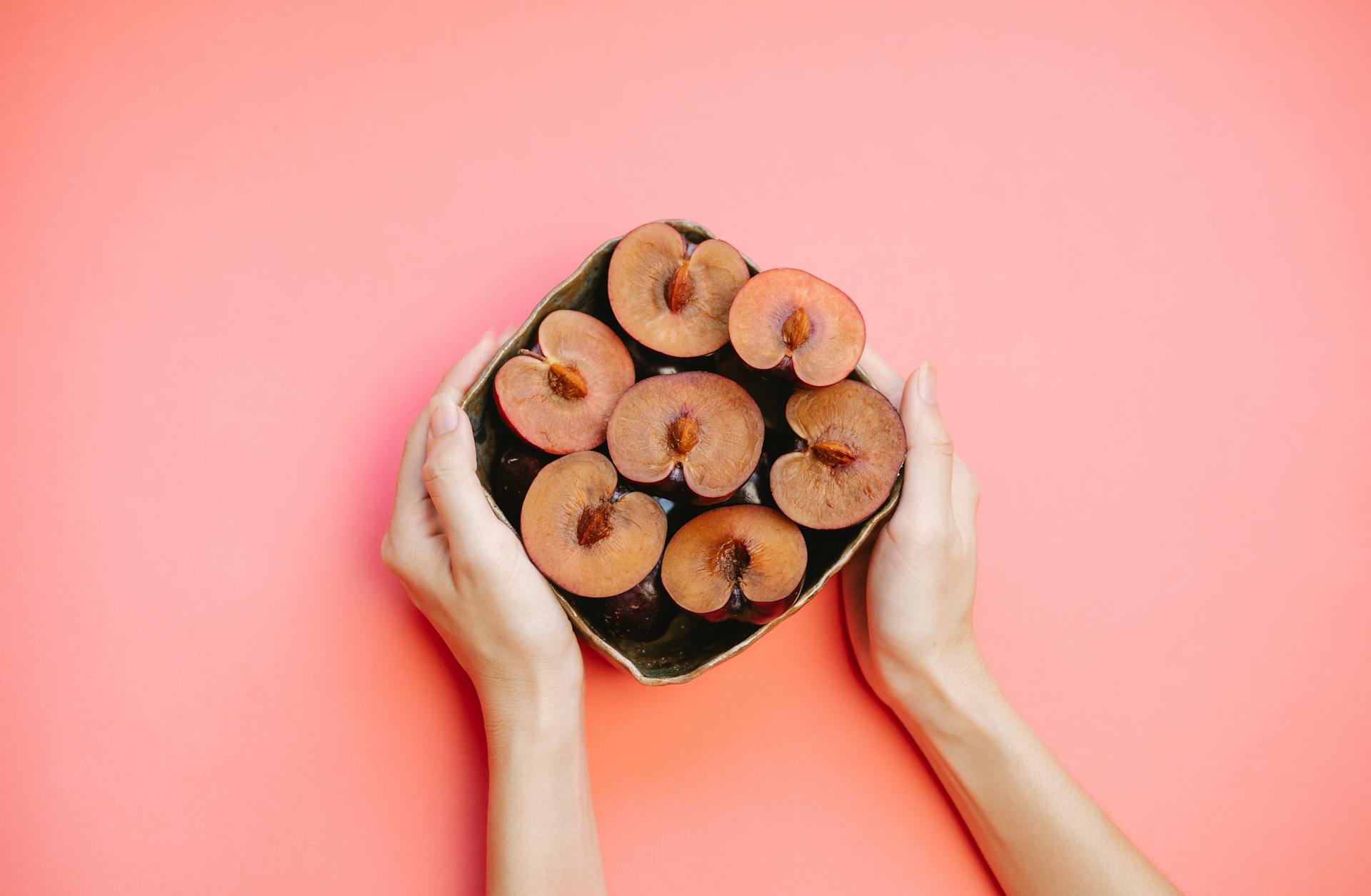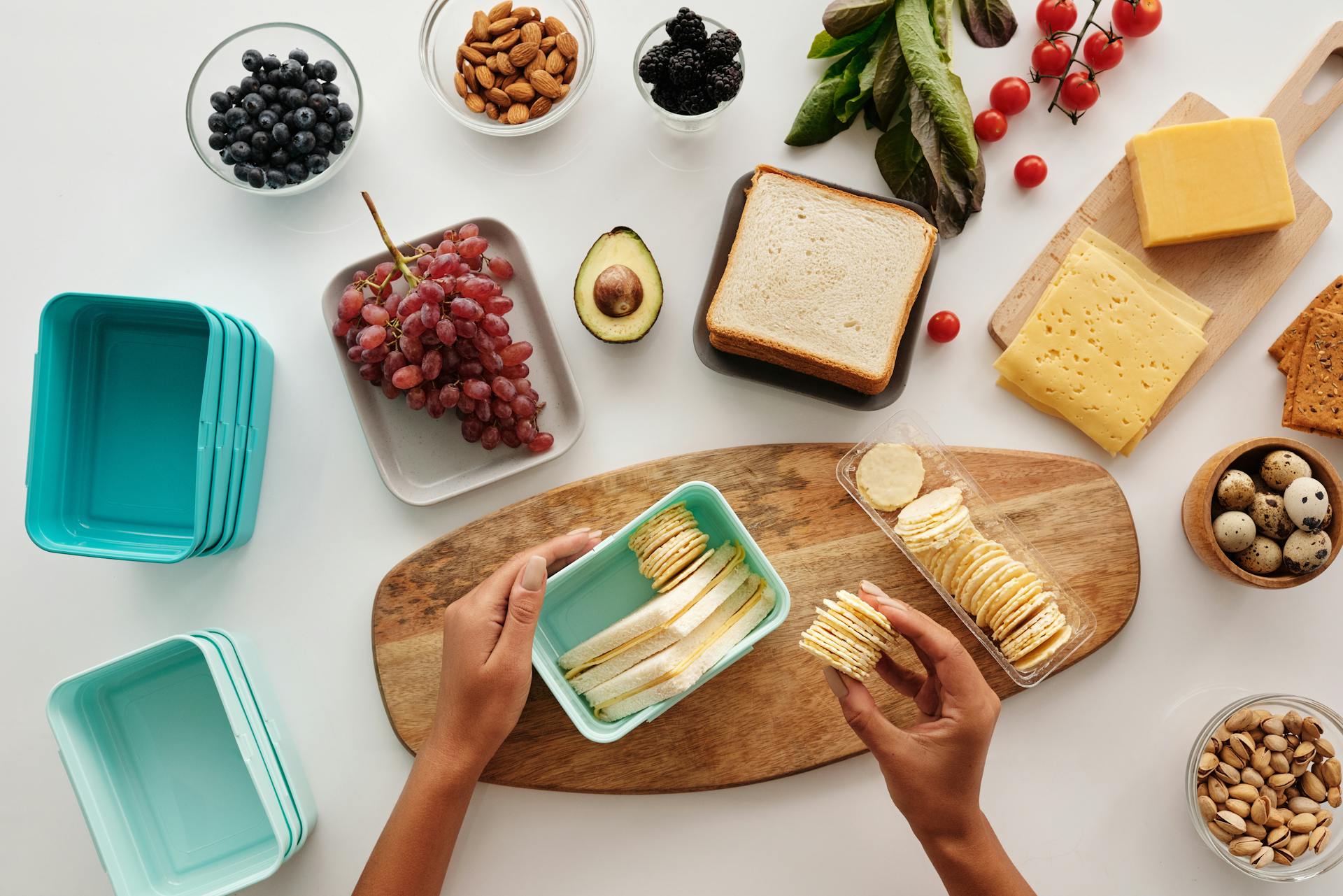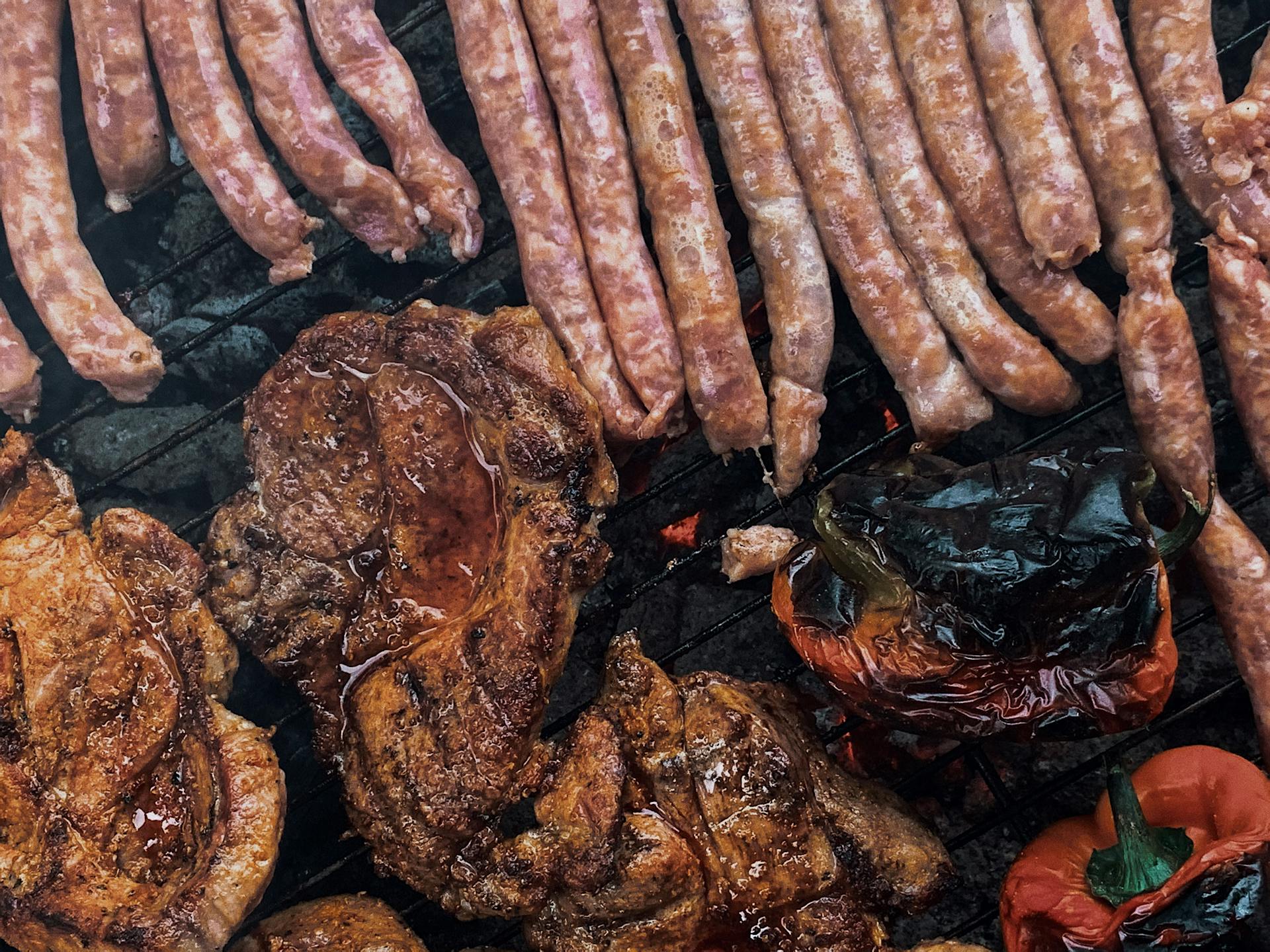
Are you looking to build lean muscle or lose weight? One of the ultimate truths about achieving these goals is that you need to have a protein-rich diet. High protein foods are essential for building and repairing muscles, as well as aiding in weight loss by helping you feel full for longer periods of time, which can help avoid overeating.
While many people associate a high protein diet with meat and eggs, there are actually quite a few surprising high protein foods that you may not have considered adding to your diet. Incorporating these unexpected sources of protein into your meals can help diversify your food choices and provide additional health benefits beyond just building lean muscle and aiding in weight loss. So, let's dive into some of the top high protein foods that you need to add to your diet!
Additional reading: Ketogenic Diet Foods
Unveiling the Ultimate Truth: The Essence of the Bottom Line
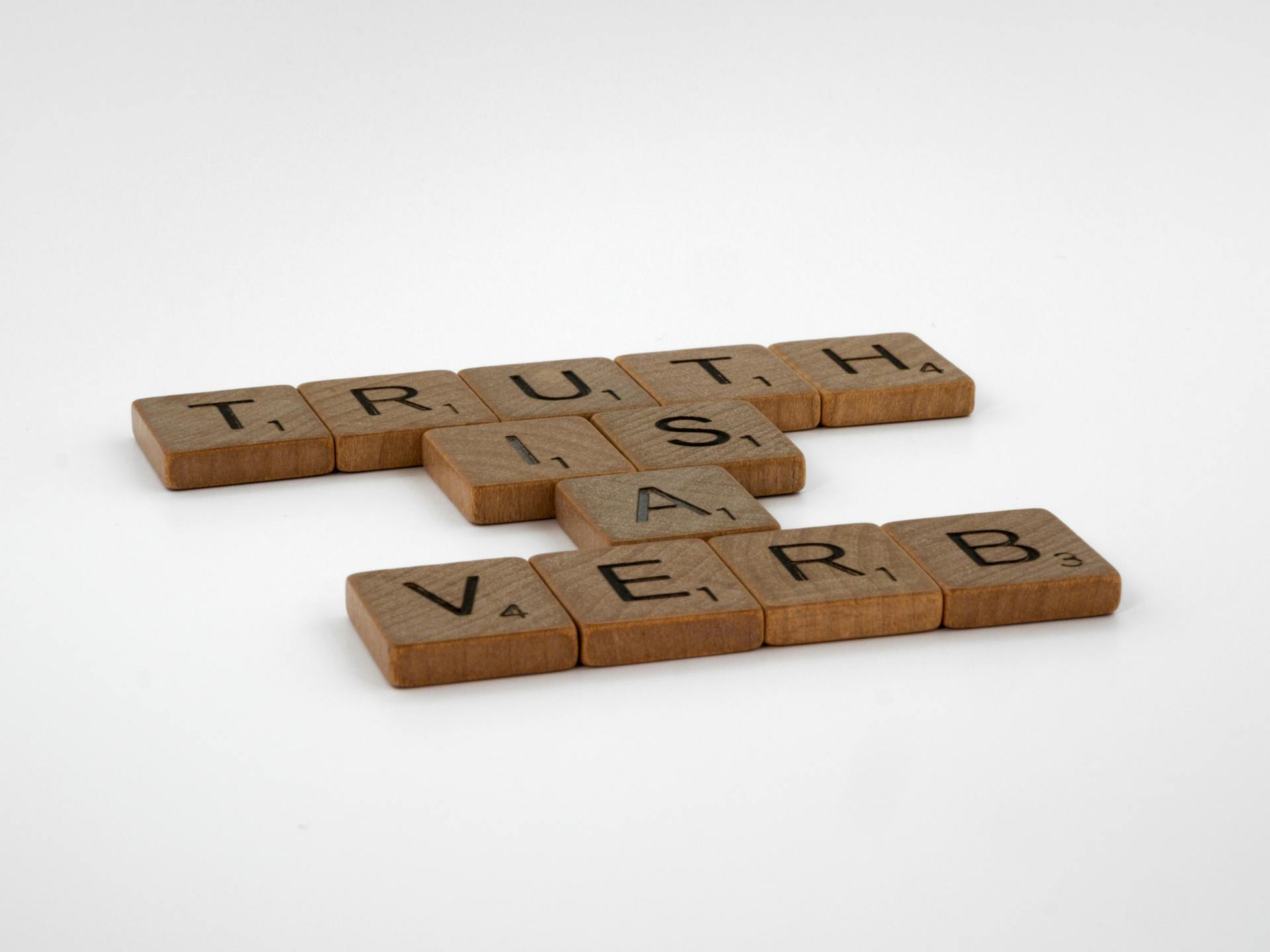
If you want to stay healthy and fit, consuming high protein foods on a daily basis is essential. Proteins are vital for our body as they help in building strong muscles and tissues, repairing damaged cells, and boosting overall immunity. Experts recommend that an average adult should consume at least 0.8 grams of protein per kilogram of body weight every day.
People's protein requirements may vary depending on their age, gender, activity level, and overall health status. Including animal-based sources like meat, dairy products, eggs, and fish in your diet can be a great way to meet your daily protein needs. On the other hand, plant-based sources like legumes, nuts, seeds, and whole grains are also rich in proteins and can be included in your meals.
In conclusion, high protein foods play a crucial role in maintaining our overall health and well-being. Whether you prefer animal-based or plant-based sources of proteins, make sure to incorporate them into your daily diet. So go ahead and start your day 4 with a high-protein breakfast such as eggs or tofu scramble with spinach on whole-grain toast!
Curious to learn more? Check out: Watermelon Health Benefits
1. Just one thing
Just one thing to remember when looking for high protein foods: natural peanut butter and hard-boiled eggs are great options that can leave you feeling full and satisfied. Whether you're trying a new diet or simply looking for ways to boost your protein intake, these two choices are medically reviewed and proven to be healthy sources of this essential nutrient. Try incorporating them into your meals starting today – experiment with different recipes and see how they make a difference in your diet. January 3, 2022 is the perfect day to start!
2. How we reviewed this article:
At [publication name], we take our health and wellness content seriously. That's why we had a team of experts continually monitor and update this article on high protein foods to ensure that it's accurate, reliable, and up-to-date with the latest research. The current version of this article was medically reviewed by Jillian Kubala MS, RD, Kris Gunnars, BSc, Stephanie Orford, MSc, RD, and copy edited by Anne Arntson on Jan 6 2022. So go ahead and dive in - you can trust that you're getting the best information out there!
Discover the Secret to Shedding Pounds: High-Protein Foods
If you're on a weight-loss journey, muscle health should be an essential part of your plan. High-protein foods are ideal for weight loss because they help preserve muscle mass while aiding in fat loss. Proteins effect is due to the fact that it's a filling macronutrient, which means it takes longer to digest protein than carbohydrates, helping you feel fuller for longer.
Eating research suggests that eating protein-rich foods can also break protein down into smaller amino acids, making them more easily absorbed. Goscilo explains that additional research shows that this process helps people feel fuller for longer and ultimately eat less overall. Overall, including moderate amounts of high-protein foods in your diet can contribute to an ideal macronutrient profile for successful weight-loss programs, preserving muscle mass and aiding in fat loss throughout your entire goal amount.
A unique perspective: 10 Foods High in Magnesium
The Top Protein-Rich Foods You Need to Know About
If you're looking for protein-rich foods to add to your diet, picture meat and animal products probably come to mind. Red meat, poultry, and fish are good sources of complete proteins that contain all the essential amino acids your body needs. But if you're vegan or vegetarian, research suggests that plant-based proteins can also have positive health benefits.
A 2019 study published by the American College of Cardiology linked a plant-based diet with lower risk of developing heart failure. And a 2014 meta-analysis of 37 studies published in JAMA Internal Medicine linked vegetarian and vegan diets as well as semi-vegetarian diets (meat, eggs, and fish consumed less than once per week) with lower blood pressure.
Plant-based sources don't always contain all the essential amino acids, but there's a simple solution: eat a variety of plant-based sources throughout the day. Recent dietary guidelines for Americans recommend aiming for at least half of your protein intake to come from 1-ounce servings (roughly equivalent to a small steak or 4 ounces of chicken) while keeping total daily intake around 3-4 ounces. Surprising protein-rich foods include egg whites (7 grams per 1/2 cup), whole eggs yolks clock in at only about 3 grams), cooked beans and chickpeas (8 grams per 1-oz serving). So no matter what your eating style is, make sure to check your diet for these great additions!
Recommended read: 50 Super Healthy Foods
1. Chicken breast
Chicken breasts are a great source of protein with 27 grams per serving, making it one of the leanest cuts of meat. Grilled skinless chicken breast is a nutrient-dense mix of protein, lower in saturated fat than processed meats, and contains key nutrients like unsaturated fatty acids, vitamins for immune system support, memory, mood and muscle control. Choosing chicken breasts as your protein opt can benefit heart health because of the low levels of saturated fat you'll be consuming.
A different take: Protein in Egg
2. Ground beef
Ground beef is a popular protein source in London, with a 4-oz portion containing around 23 grams of protein. Many people may be hesitant to enjoy beef due to its reputation for unhealthy saturated fats, but opting for lean options such as mind ground beef or bbq beef can provide a satisfying and nutritious meal. Red meats like ground beef should be incorporated into a balanced diet alongside other high protein sources to promote overall health and wellness.
3. Salmon
Salmon is an excellent source of protein, with a 5-oz salmon filet containing up to 27 grams of it. The heart-healthy omega-3 fatty acids found in bioavailable form aka body salmon make it a perfect addition to any diet, especially since Americans aren't eating the amount of fish that dietary guidelines recommend (8 ounces per week). So why not try adding some salmon to your morning bagel or pasta baked with cod, snapper, or arctic char? Plus, salmon is also packed with vitamins B6 and other essential nutrients!
4. Tuna
Tuna is a great source of high-quality protein. A 3-oz serving of canned tuna provides you with 16 grams of shelf-stable lean protein source, and water half to keep you hydrated. Canned tuna also contains key nutrients including potassium, selenium, and calcium that your body needs for optimal health. Despite its bad rep due to mercury concerns, the FDA recommends limiting white albacore tuna to no more than 6 ounces per week, but light tuna, canned fresh or frozen seafood are safe up to 8 ounces per week.
5. Shrimp
Shrimp have gotten a bad rep due to their cholesterol levels, but recent research shows that it's not actual dietary cholesterol that increases the risk of cardiovascular disease. In fact, cooked shrimp deliver 20 grams of protein per 3-oz serving, making them a delicious addition to your high protein foods list. With only 189 milligrams of cholesterol and 0 grams of saturated fat per serving, shrimp are a lean source of heart-healthy meat alternative and one of the best seafood options out there.
6. Eggs
Eggs are a super versatile single food that should be included in any high protein diet. Not only are they inexpensive and readily-available, but also nutrient-dense. With a large egg containing 6 grams of protein, they're a complete protein source with added benefits such as choline vitamins, making them one of the best natural sources of protein.
7. Milk
Milk is technically categorized as a dairy product and is one of the standout sources of high protein foods. USDA milk contains around 8 grams of protein per cup, making it a great addition to your morning coffee or oatmeal ingredient. In fact, consuming cows milk after an intense workout can improve muscle recovery due to its important nutrients. For those who cannot tolerate lactose, soy milk typically has lower protein levels compared to cow's milk, but other protein-rich nuts, seeds, and plant-based milks such as almond and soy are also available with varying levels of protein content.
8. 8. Cheese
Let's face it, cheese is a delicious addition to any meal. But did you know that it can also be a great source of extra protein? Part-skim mozzarella delivers 9 grams per 1-oz serving while low-sodium cottage cheese offers 20 grams! And for those who prefer stronger flavors, full-fat hard cheeses like parmesan pack 10 grams of protein per ounce. But watch out for processed meat and cheese which often contain high levels of saturated fat. The added benefit of including cheese in your diet is the calcium, magnesium, and potassium based nutrients it provides. Check out our related article for 28 delicious cheesy recipes that are sure to satisfy your taste buds!
9. Greek yogurt
Looking for a high protein food that can be enjoyed straight-up or used as a baking ingredient add-on? Look no further than plain Greek yogurt! This strained cheese made from skim milk is nutritionally similar to sour cream but with less fat and more protein. In fact, a 7-oz serving of unflavored nonfat Greek yogurt delivers 20 grams of protein, making it an excellent addition to any satisfying breakfast or snack. Add some fruit, nuts, or nut butter for extra flavor and enjoy! Whether you're making chicken salad or looking for a way to meet your recommended daily intake of protein, you've found your answer in plain natural yogurt or tangy skyr.
10. Lentils
Lentils are part of the powerhouse food group known as beans, lentils, and chickpeas. These peas and pulses aren't just delicious but also great sources of plant-based protein. Cooked lentils provide you with 8 grams of protein, fiber, minerals and a healthy pattern of eating lentils can help reduce your risk of chronic diseases like heart disease and Type-2 diabetes. Want to learn more about high protein foods? Keep reading!
11. Chickpeas
Chickpeas are a stellar plant-based nutrient-packed source of protein, with canned drained chickpeas delivering 15 grams per cup and cooked chickpeas boasting 13 grams. Their nutrient highlights include soluble fiber, an indigestible carbohydrate that promotes slow digestion in the GI tract, reducing the risk of heart disease when consumed as part of a healthy pattern. For those looking to mix things up, enjoy lupin or lupini beans - a legume popular in London that boasts a similar flavor to chickpeas but with a crunchier texture. One cup delivers 26 grams of protein, making it another great high protein food option.
12. Peanuts
Peanuts are a great addition to any high protein diet, as they pack in 7 grams of protein per 1-oz serving. In comparison to other nuts, they're a bit higher in protein than almonds, cashews, and walnuts. Adding peanuts to your diet is also a good idea for weight management, as they provide healthy fats and fiber. In fact, substituting nuts for less nutritious snacks has been linked to a reduced risk of heart disease, type-2 diabetes, age-related diseases, and decreased inflammatory biomarkers according to a 2016 study published in the American Journal of Clinical Nutrition.
13. Edamame
Adding edamame to your diet is an excellent choice for increasing your protein intake with a plant-based protein. One cup of shelled soy beans delivers 9 grams of protein and 4 grams of fiber, making it a filling combo that promotes satiety, making it a great choice for those on a weight-loss journey. Research shows that soy protein can also lower LDL cholesterol and reduce the risk of heart disease compared to saturated fats. So next time you're looking to satisfy hunger pangs, reach for some edamame instead of reaching for something high in calories and low in nutrients.
Take a look at this: Edamame Benefits
14. Pumpkin seeds
As we enter pumpkin-spice latte season, don't forget to enjoy the unsung hero of the pumpkin: pumpkin seeds! These little guys are a stellar source of plant-based protein, with just 85 seeds containing 5 grams. Roasted pumpkin seeds make for a delicious and fiber-rich munch, perfect on top of oatmeal. Plus, they're packed with key nutrients like iron, potassium, and magnesium. Don't underestimate the power of these little pumpkin seeds!
15. Hemp seeds
Hemp seeds are a small-but-mighty protein source, with just 3 tbsp providing 10 grams of plant-based protein. Unlike pine nuts or some other nuts, hemp seeds don't have a strong flavor, making them easy to add to smoothies, salads, or baked goods. And don't worry - hemp seeds aren't going to get you high! While they come from the same plant as cannabidiol (CBD) and delta-9-tetrahydrocannabinol (THC), hemp seeds are simply a nutritious addition to your diet alongside other high protein foods like sunflower or sesame seeds, chia seeds, and more.
Fuel Your Weight Loss Journey with These High Protein Foods
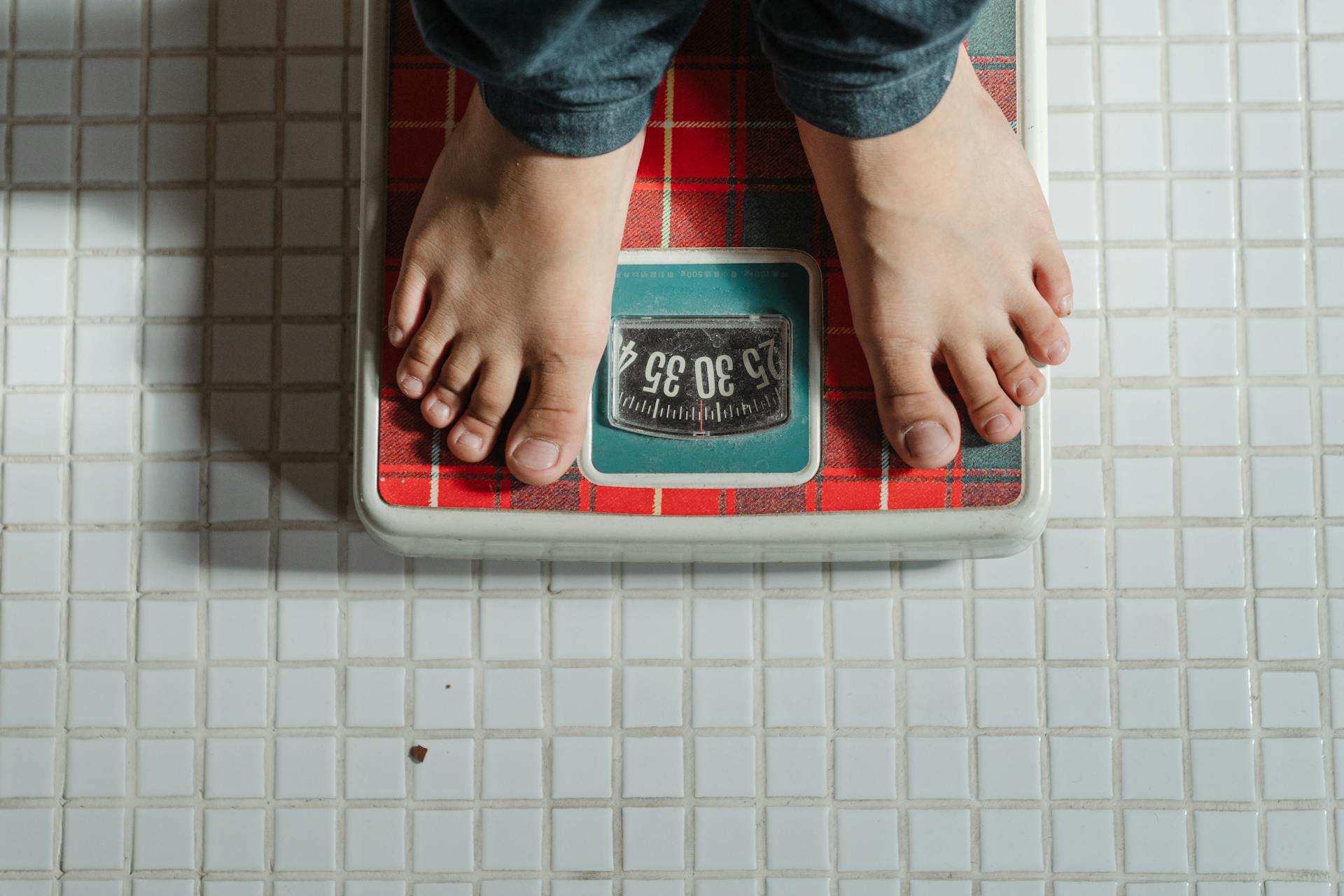
If you're looking to lose weight, incorporating high protein foods into your diet can be a great way to support your journey. One such food is black beans, which are an inexpensive source of protein. Protein in black beans can be used in many ways when preparing meals, making it a versatile ingredient.
Lima beans offer another option for individuals seeking protein-rich foods. A cup of lima beans offers 21 grams of protein, making it a good choice for those who want to fuel their weight loss journey. Additionally, corn - specifically yellow corn - is another vegetable that can provide a good amount of nutrients including calcium and protein.
Salmon, classified as a fatty fish meaning it contains omega-3 fatty acids, is an excellent source of proteins that can help a person feel full and satisfied after meals. Potatoes are starchy carbs but are also good sources of nutrients including proteins. Broccoli, cauliflower and Chinese cabbage (bok choy) offer low-calorie options for those looking to add more vegetables in their diets without adding on unwanted calories.
Discover the Most Sought-After Diets Packed with Protein
Protein is a vital nutrient that forms part of an average diet for any healthy person. According to studies, it contributes about 10-35% of daily calories. A wide range means that there are conflicting opinions on what constitutes a high-protein diet. An upper limit is essential since too much protein intake can lead to potential health risks such as increased insulin levels and digestion issues.
Many protein-focused diets claim to be effective weight-loss plans, touting the Atkins diet, which typically calls for fewer carbohydrates and a higher intake of protein. Carbohydrates research has found low-carb diets to be effective in weight loss, but restrictive people may find it challenging to maintain long-term compliance. The Zone diet was originally developed to reduce inflammation, and the program recommends nutrient-dense foods while limiting carb intake.
The Carnivore diet instructs individuals only to eat animal products such as meat, poultry, eggs, and dairy products. While this list ends unlike many other diets that omit entire food groups or limit the intake of a particular food group. Despite scientific studies aiming to prove the effectiveness of high-protein diets in weight loss, restrictive eating plans can have negative health implications such as experiencing unpleasant side effects like nausea or diarrhea. On the other hand, replacing some protein-rich foods with fiber-rich foods like fruit and veggies is an excellent way for individuals looking into maintaining their weight in the long-term healthily.
Frequently Asked Questions
What foods are high in protein?
Foods that are high in protein include meat, fish, eggs, dairy products, beans, lentils, and nuts. These foods can help build and repair muscles, promote feelings of fullness, and support weight loss goals.
Which foods provide better protein than others?
Foods that are high in protein include lean meats, poultry, fish, beans and legumes, nuts and seeds. However, the quality of the protein can vary depending on the source. Animal-based proteins tend to be higher quality than plant-based sources.
What fish has the most protein?
Salmon has the most protein of all fish, with a whopping 22 grams per 3-ounce serving. Other high-protein fish include tuna, halibut, and tilapia.
What are the top ten highest protein foods?
The top ten highest protein foods include chicken breast, turkey breast, fish (tuna, salmon), lean beef, pork tenderloin, tofu, beans (black, kidney), quinoa, Greek yogurt and eggs.
Is whey protein good for weight loss?
Yes, whey protein can be a helpful addition to a weight loss diet as it can help increase feelings of fullness and preserve muscle mass while reducing overall calorie intake. However, it is important to pair whey protein with a balanced diet and exercise routine for optimal weight loss results.
Featured Images: pexels.com

